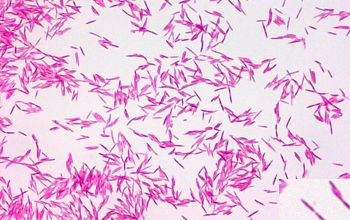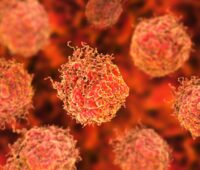
A new research has revealed that there is a bacteria that is found in most of the colon cancers that are diagnosed on a daily basis. The research that was published yesterday confirmed that the bacteria is found in almost half of the tumors detected. At the same time, the bacteria was reported to spread with the cancer. The bacteria has been referred to as the Fusobacterium nucleatum. The scientists who carried out the research, however, said that they were not sure whether the bacteria played an important role in worsening the cancer. In studies that were carried out using mice, the scientists discovered that it was possible to stop the spread of colon cancer using antibiotics to kill the bacteria. Another unrelated study caused the scientists to become suspicious.
This study found out that there was a bacteria that was also found in the cells of an individual suffering from pancreatic cancer. In short, the scientists discovered that there was bacteria in the two tumors. The idea was termed as unexpected and fascinating by Dr. Bert Vogelstein. For starters, Dr. Vogelstein works as a researcher at John Hopkins and specializes in colon cancer. The story with colon cancer and bacteria began in 2011. The pioneers of this study are professors from Fraser University in British Columbia as well as Dana-Farber Cancer Institute. These professors are Dr. Robert A. Holt and Dr. Mathew Meyerson. For starters, the Fusobacteria is often found in the mouth. They discovered that the bacteria was also present in the tumors of people suffering from colon cancer.
Other researchers from across the globe rushed to replicate the study. However, most were unsuccessful in this quest as they managed to raise more questions. Nonetheless, the new finding is expected to answer some of these questions. The researchers of the current study said that they had examined cases where the colon cancer had managed to attack the liver. In these cases, they got hold of the liver by surgical removal. They noted that once the cancer had spread to the liver, it continued spreading the bacteria. To ensure that they got the research right, they also conducted a research of the tumors that originated from the liver and spread to the colon. They didn’t find any trace of the bacteria. However, to successfully carry out the research, the scientists began by transplanting human colons suffering from cancer into the rodents. The process was replicated on a number of rodents.














Leave a Reply
Be the First to Comment!
You must be logged in to post a comment.
You must be logged in to post a comment.